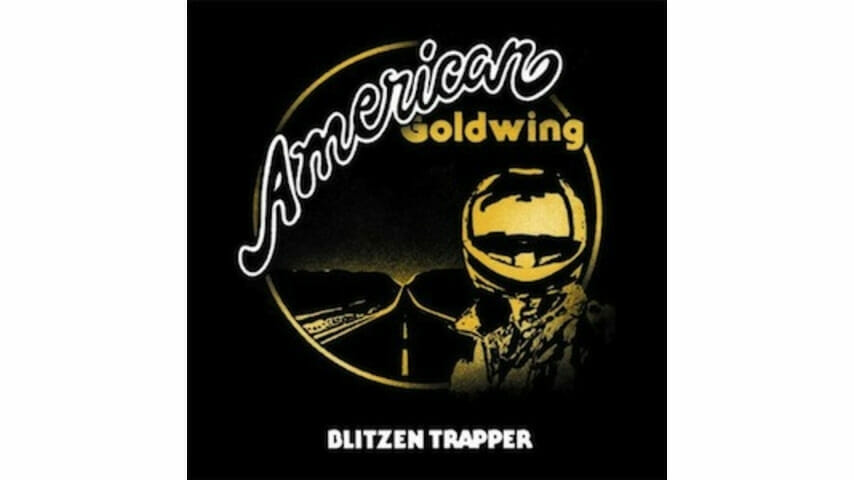Blitzen Trapper: American Goldwing

Sometimes I feel like a descriptor as worn as “Bob Dylan-like” can get sapped of its prodigious qualities and left sounding almost like an insult. Blitzen Trapper’s Eric Earley has been nursing that tag for the better part of a decade now, and for fairly obvious reasons: his foggy croak, reclusive interviews, and winding, sometimes diverging sense of storytelling have put him in close company with Mr. Zimmerman—but in the best ways possible. Earley earns that status not out of reductive colloquialism, but out of comparable levels of talent.
-

-

-

-

-

-

-

-

-

-

-

-

-

-

-

-

-

-

-

-

-

-

-

-

-

-

-

-

-

-

-

-

-

-

-

-

-

-

-

-








































